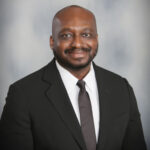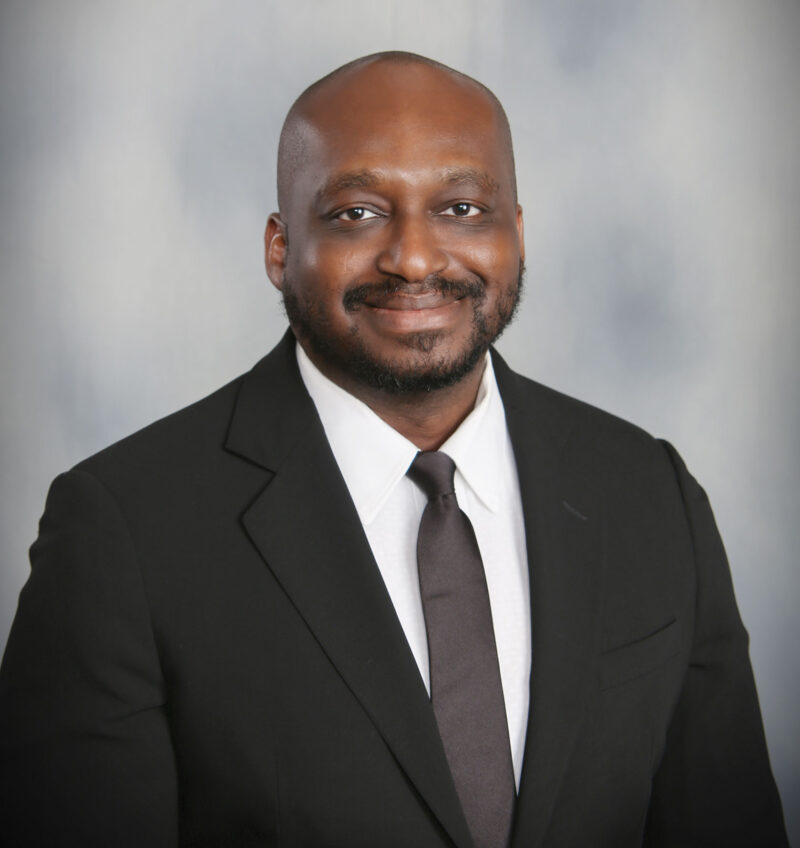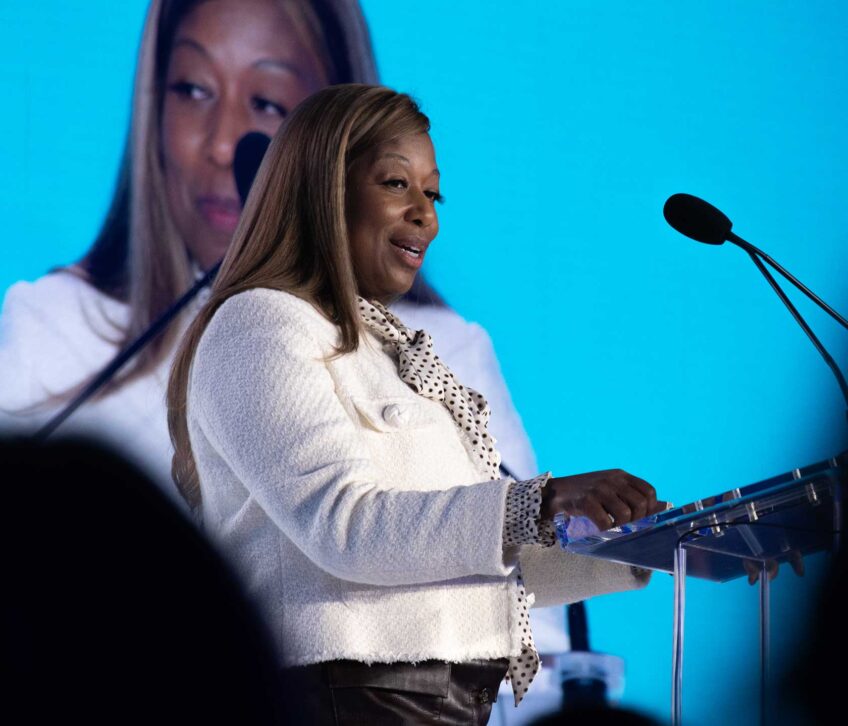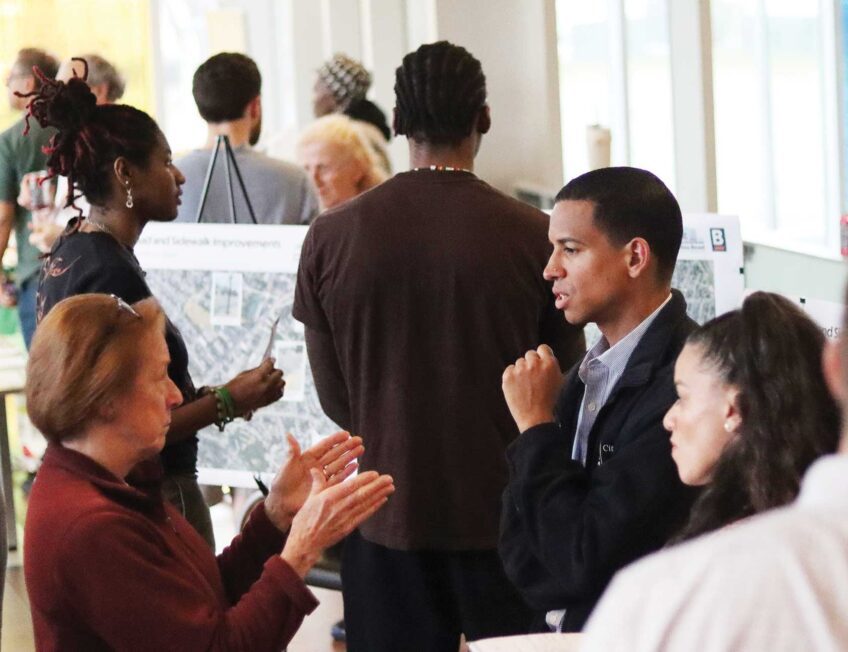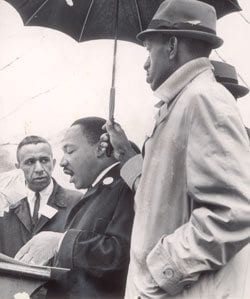
Hasan Abdullah Sharif’s article, titled “The day Dr. King visited Boston Common in 1965 (Bay State Banner, Jan. 12) should be shared far and wide.
He correctly identifies this present moment when he writes: “Nearly a half-century later, one is moved to reflect on much of the complacency and hedonism all around us.” Dr. King’s last book was titled, “Where Do We Go From Here; Chaos or Community?” The article identifies the “chaos” of this time.
I, of course, have never forgotten that day in April 1965 when Martin Luther King came to Boston. Nor have I forgotten the significant roles that Rev. Michael Haynes, Hasan Sharif and others fulfilled on that day.
Sadly, as I look back at my involvement in the civil rights movement in Boston and elsewhere, I realize that some persons — who were far more significant to the success of those moments than was I — have not been remembered for their contributions.
Martin Luther King’s visit to Boston could not have happened had it not been for Rev. Haynes. I have been a pastor in many cities, but in none of them have I known a man, a clergyman, who made such a difference in the lives of people and in the community and city as has Haynes.
His insights, intellect, inspiration, creativity, courage and compassion, made such a difference in my life and in all of Boston and beyond. Long before the success of Michael Jordan, many of us said to ourselves: “I want to be like Mike.”
And, Sharif! I knew him as Arnold Walker “back in the day.” There was always something special about him that I sought to identify. I remember a serious, no nonsense spirit about him that I think some people did not understand. He “marched to the beat of a different drummer,” and although I never told you Hasan, I liked that.
Some people said that about me when I was in Boston. Especially when I invited Duke Elllington to perform his Sacred Concert at Union Methodist Church.
The assassination of Dr. King on April 4, 1968, three years after his Boston visit, made all of us realize that Sharif and others may have had “designated” responsibilities for the day, but, more importantly, they risked their lives as bodyguards for King and Ralph Abernathy.
The article has inspired me to write about my assessments of and suggestions for Boston and the nation. I am now 78 years old, and came to Boston in 1955 because Duke Divinity School in my home state of North Carolina rejected my application because of my race.
I now live in Asbury Park, N.J. with my wife of 54 years, Grace Dungee Caldwell. We moved here to be near our one grandchild, who is now 7 years old.
Rev. Gilbert H. Caldwell is the retired United Methodist Minister pastor of Union United Methodist Church, 1963-68, former commissioner of the Massachusetts Commission Against Discrimination, MCAD and the former district superintendent of the United Methodist Church, Boston District, 1968-69.

